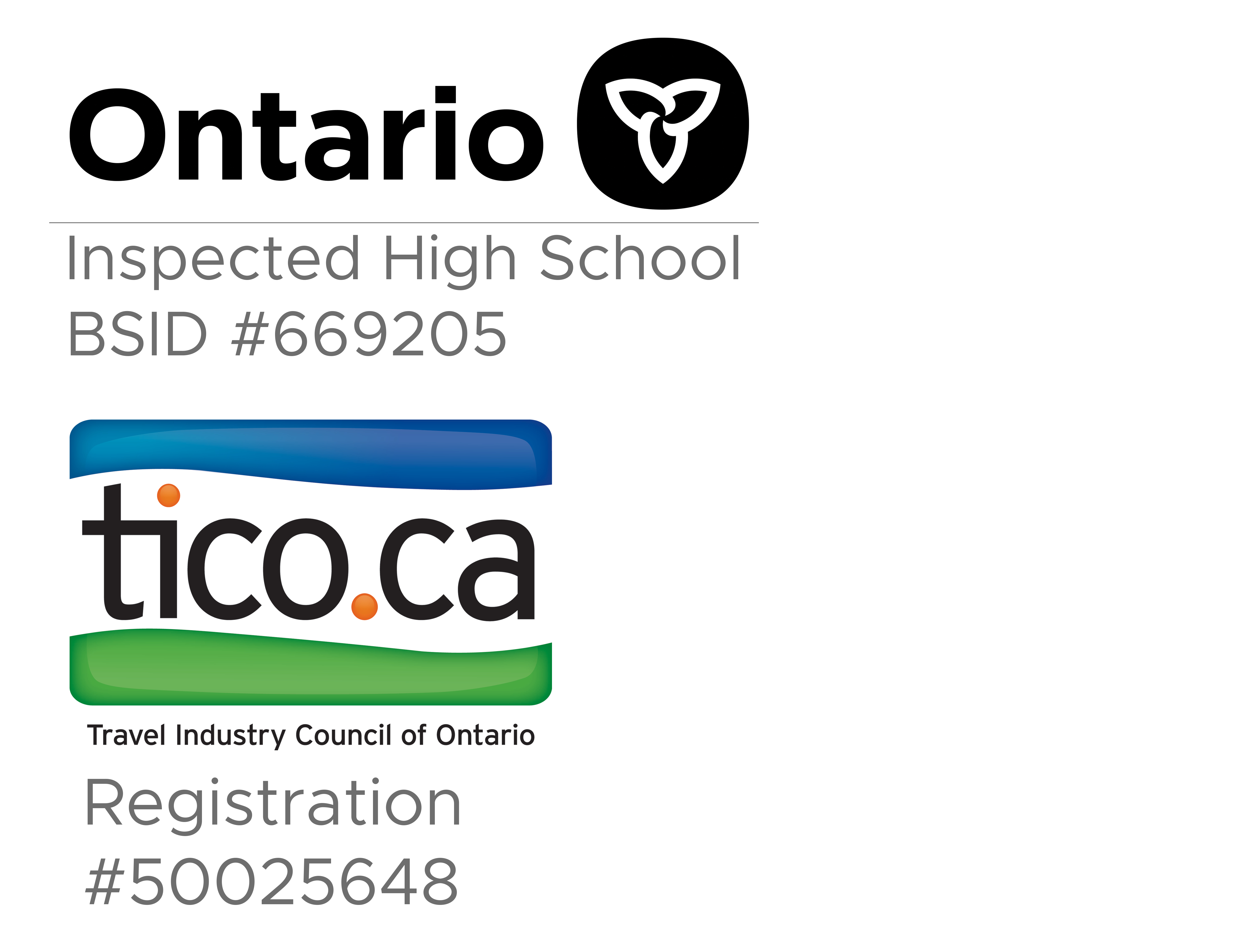For many students, studying abroad in Europe can be a truly enriching and life-changing experience.
Travelling to Europe provides students with a unique opportunity to immerse themselves in a new culture, gain a fresh new perspective on the world, and pick up a new language along the way!
However, a lot goes into properly preparing for a study-abroad program, and it’s not uncommon to feel overwhelmed during the process, especially if it’s your first time travelling to Europe.
That’s why we’ve compiled six useful tips to help you best prepare for and make the most out of your exciting study-abroad experience in Europe.
1. Before leaving, get to know the country you’ll be calling home
Every country is different, so before you begin packing for your trip, study your destination to prepare and pack appropriately. Consider factors such as the country’s unique culture and customs, its climate patterns, its geography, as well as options for transportation, among others.
By doing your research ahead of time about these important factors, you’ll be able to prevent running into potentially burdensome issues due to lack of preparation, and you can thus enjoy your destination to the fullest.
2. Be sure to bring all the right documents with you
A valid passport is the first and most critical document you’ll need to have ready for your travels abroad. If you currently don’t have a passport, or it is on the verge of expiring, you should give yourself at least eight weeks before your scheduled trip to obtain a new one.
Furthermore, depending on your destination, you may also require a visa, which is a document that allows you to stay in the country for a designated amount of time. So, be sure to check if your country of destination requires one and apply for it early on.
Moreover, you’ll want to bring a travel itinerary, including your flight and hotel reservations. You should also have your travel insurance and any necessary medical records or health documents, such as proof of vaccination, that may be required by the country. Be sure to bring all these important documents with you on the plane, and never ship or pack them away in your luggage.
3. Pack wisely by not forgetting these essential items
You’ll want to pack clothes that are suited to what you’ve learned about the country and its climate while also considering the length of your stay.
With that being said, there are several essential baseline clothing and footwear items you’ll want to bring regardless of your destination’s unique weather patterns. This includes the following:
- Underwear, undergarments, and socks
- Practical shirts, pants, dresses, or skirts (everyday clothes)
- Pajamas and comfortable loungewear
- Slippers or warm gripper socks
- Athletic wear and footwear for hiking or working out
- Light jacket
- Swimsuit
- Comfortable, practical footwear for walking
- At least one pair of dress shoes
- Flip flops for the beach or hostel showers
- At least one nice or formal outfit
Additionally, you’ll want to complete your packing with the following toiletries that apply:
- Toothbrush, toothpaste, and dental floss
- Shampoo, conditioner, and body wash
- Sunscreen
- Antiperspirant
- Contact lenses and/or eyewear
- Cosmetic products
- Feminine hygiene products
Last, but not least, you’ll also want to ensure that none of these essential items are left behind:
- Mobile phone and charger
- Laptop and charger
- Adapter (we’ll touch more on this below)
- Camera for photo taking (if your phone camera will not suffice)
- Pencils, pens, journal, and any necessary writing and school supplies
- Paper map in case of cell service failure
- Smaller bag or backpack to carry along on excursions
- Padlock for storing valuables in lockers
4. Leave certain items at home
There are certain items you should not bring with you on your trip, as they may put you at risk for pick-pocketing or other kinds of trouble as a vulnerable tourist. First, avoid bringing any items that clearly identify you as a foreigner, such as clothing or items marked with popular Canadian or American branding, anything containing the Canadian or American flag, sports jerseys, etc.
Moreover, avoid bringing things that are irreplaceable or of particularly high value, such as jewellery or watches. Leave large amounts of cash and any unnecessary documents at home as well.
5. Avoid overpacking
While there are many items you’ll need to pack (and not pack) for your trip abroad, it can also be easy to get carried away and bring too many items that you’ll never actually need. However, you can easily avoid overpacking by following a few useful guidelines for packing light.
This includes planning your outfits out ahead of time for each day of your trip, sticking to clothing items that can easily be mixed and matched or that follow a similar colour scheme, and considering bringing multipurpose travel gear (e.g. pack a pashmina to use as a scarf, a blanket, a beach cover-up, and/or a towel, among other potential and purposeful uses).
Furthermore, consider using packing cubes to help you optimize space in your luggage and keep it organized.
6. Don’t forget to buy an adapter
Chances are, the country you are travelling to has different electrical standards, meaning that the voltage may be higher than what your device is capable of handling. This puts your devices at risk for damage or complete destruction. Moreover, many European countries have power outlet shapes that won’t be the right fit with your plug from Canada.
This is why it’s essential that before you leave for your trip abroad, you find out what the voltage is in your designated country, in addition to the shape of the outlets. You can easily purchase an adapter online or at an electronics store to bring along with you on your trip. This way, you’ll have no issues charging or hooking up your devices in a foreign country.
That concludes our six tips for studying abroad in Europe! From planning your exciting journey to embracing the many cultural differences of your designated country, these tips will help ensure that your European trip is smooth sailing, so you can focus on truly enjoying every moment.
Study in Europe to Enrich Your Life and Mind
For more information on our 2023 Ontario student travel and education programs, including those to Europe, call Global Summers Academy at 1-844-357-2621 or contact us here.














